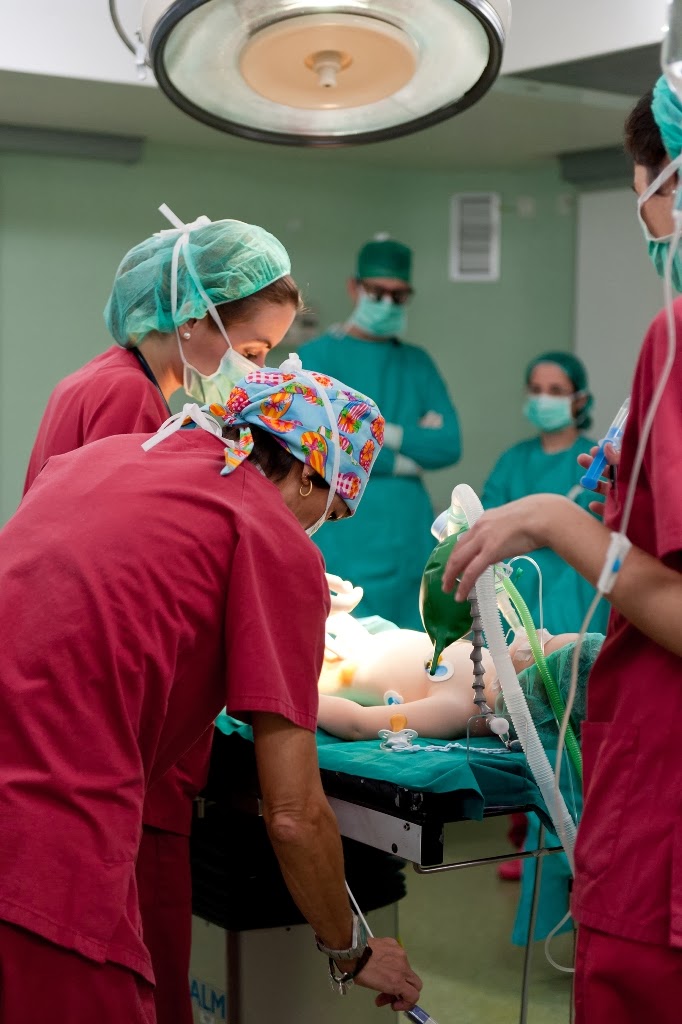Welcome to the second official post of the “Saving Injured Kids” blog. We thought it was important to first define the issue as we understand it now. Through weekly postings, we will continue to bring fresh perspectives from nurses, doctors, emergency medical professionals, patients and their families, and others involved in the care of injured children.
Pediatric trauma is life-threatening injury to children and
it’s the number one killer of children in America, more than all other causes
combined. These injuries require hospitalization, and usually emergency
surgery.
- 9,523 children die from traumatic injuries every year – that’s one child every hour
- 175,149 injured children were hospitalized in 2011
- Nonfatal hospitalized injuries result in annual cost of over $24 billion
- Federal research dollars spent:
- $17 on cancer
- $7 on diabetes
- $4 on heart disease
- $0.18 on childhood injury
- Only 42 Level I pediatric trauma centers currently verified by the American College of Surgeons – this is the highest and best level of care a child can receive when they are injured
It can happen to any child, anywhere at any time, and there
is no time to travel long distances to the “best” place for care. Chances of
survival are greatest if prompt, well-trained medical treatment is received
within a short period of time after a severe injury. Statistics show that an
injured child has a 25% better chance of surviving if they are treated at a
trauma center. Caring for an injured child requires special knowledge,
precise management and scrupulous attention to detail.
Surviving pediatric trauma can also be difficult. Effects
can potentially change the physical and mental ability of a child for the rest
of their lives, as well as resulting emotional and social issues that affect
parents, siblings and other family members, friends, educators, future
employers and many other people throughout life.
Pediatric trauma is a serious health issue that is being addressed through prevention, but there are many ways to save the lives of injured children from the moment they are hurt by improving the education and techniques of first responders, nurses, doctors, surgeons and other medical staff.
We are passionate about preventing the death of children once they are injured. We hope to drastically reduce the number of children that die each year from pediatric trauma by increasing research, education and awareness about the issue. Please help us spread the message and join us each week to learn more.

No comments:
Post a Comment